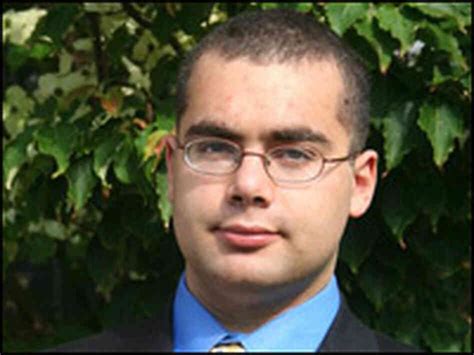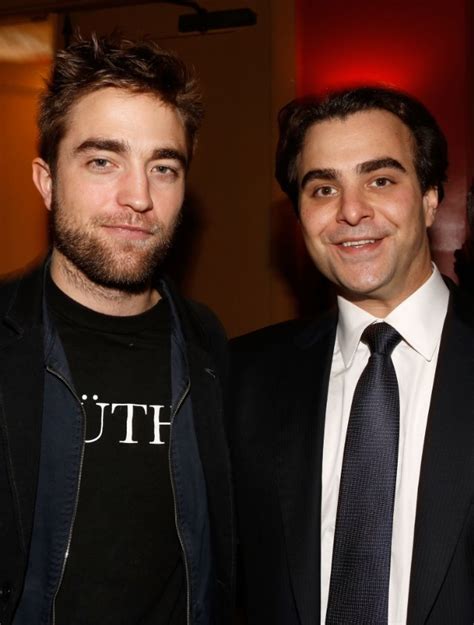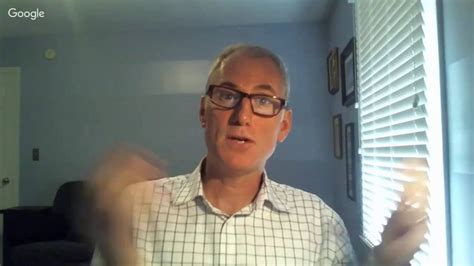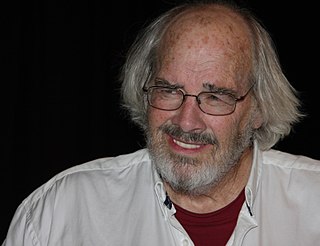A Quote by Kazuo Ishiguro
I spent ages figuring out things like viewpoint, how you tell the story, and so on.
Related Quotes
In America we've spent over a billion dollars on autism research. What have we got for that? We've not seen anything that's appreciably impacted the quality of life of autistic people, regardless of their place on the spectrum. Quite frankly, we've spent $1bn figuring out how to make mice autistic and we'll spend another $1bn figuring out how to make them not autistic. And that's not what the average person wakes up in the morning aspiring to. They think: am I going to be able to find a job, to communicate, to live independently, either on my own or with support? Those are the real priorities.
If you gauge how you're doing on whether somebody is responding vocally or not, you're up a creek. You can't do that; you kind of have to be inside of your work and play the scene. And tell the story every day. Tell the story. Tell the story. Regardless of how people are responding, I'm going to tell the story.
I was really unfit last year, so I worked out for a long time, then spent time by myself in Oregon. For about two months the only person I saw was my trainer. Every day I did a lot of running and I just didn’t want to talk to anyone for two months. So when I started talking again, it was like you would communicate wrongly, like you wouldn’t really remember how to speak. That was one of the key things as well as just reading the book, reading the script a million times, just figuring things out.
Now, I admire The Sims as a game, but from a story viewpoint, there are two glaring problems. First, your relationship with those characters is like they're bugs in a jar. There's no empathy. And secondly, you've got this clunky, chemistry-set interface between you and them, with bars to show how tired or angry they are. It's all tell not show.
The thing I love about being a novelist is that with each project, you invent a new world. You approach it with a different set of aesthetic and structural ideas, and you grapple with a different series of problems in figuring out how to tell the story. And yet there are certain concerns that stay constant.
Everyone needs some trial and error figuring out how it's gonna work for them. I could have gotten that out of the way a little sooner but I think you're totally right, the way I kind of think about things and the way I wanted to put myself out there doesn't fit the traditional side of things. I needed things like podcasts and YouTube and things that allow you to get it out there yourself and stand in the flames.







































